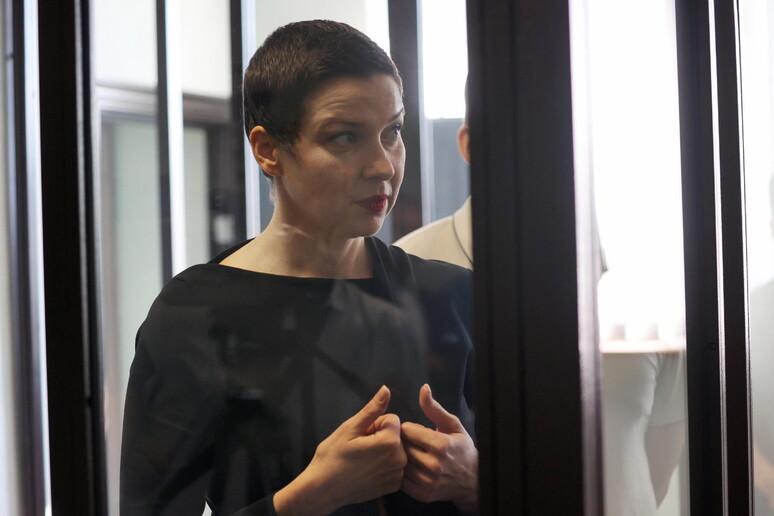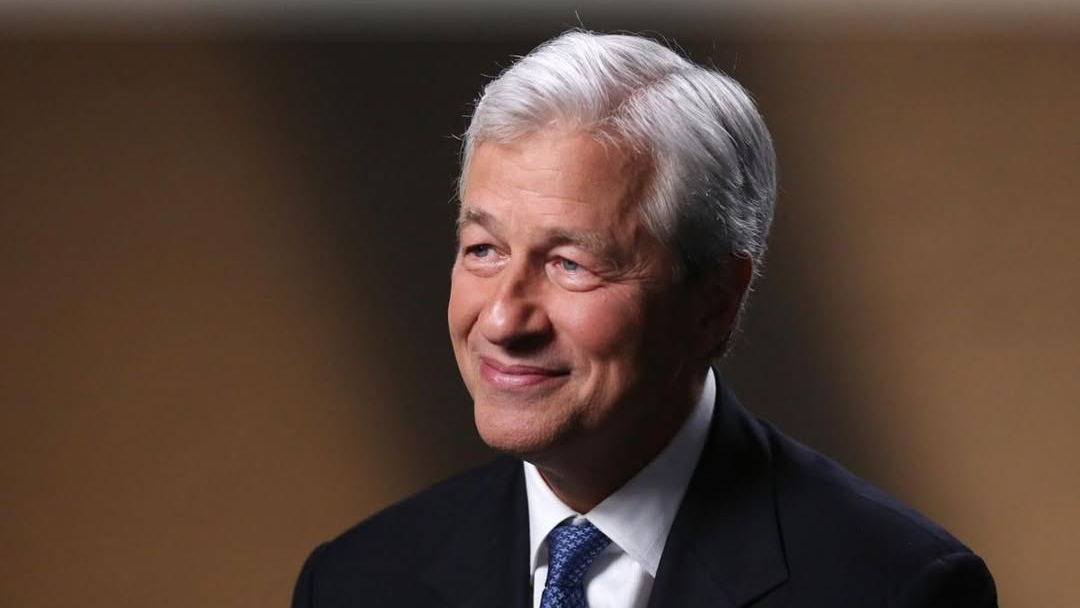Billionaire Caution: Leading Economic Indicators or Oversold Risk?
When the ultra-wealthy begin to hedge their bets, reallocate portfolios, and speak cautiously about the economy, the financial world pays attention. The movements of ultra-high-net-worth (UHNW) individuals often serve as early warning signals for shifting macroeconomic tides. Yet a central question looms:
Are their fears grounded in privileged foresight—or are they simply protecting vast fortunes through psychological insurance and defensive capital strategy?
Understanding that distinction could be the key to navigating the next market cycle.
Why UHNW Capital Allocation Warrants Attention
The world’s richest individuals operate within a financial ecosystem that’s far more complex than the one most investors inhabit. Their portfolios are intertwined with global currency exposure, multi-region real estate, high-yield credit instruments, and private equity stakes—all highly sensitive to volatility.
When billionaires tighten their capital allocation or pivot toward defensive assets like US Treasuries, gold, or short-duration debt, it’s rarely impulsive. It’s often based on forward-looking data—real-time supply chain analytics, credit flow reports, and geopolitical intelligence that mainstream investors never see. Their reactions may therefore represent a form of early detection—market tremors that precede public awareness.
However, wealth also creates insulation. These same figures can hedge aggressively, absorb losses, or buy discounted assets after downturns. That means their anxiety doesn’t always translate to actionable warning for the average investor.
The Dynamics of Wealth and Risk
| UHNW perspective | Mainstream Insight | Strategic takeaway |
|---|---|---|
| Global, Complex Liabilities | Reacting early to geopolitical instability or sovereign debt stress | Tail risk management: Hedge against extreme, low-probability scenarios |
| Asset Liquidity | Worries often center on private equity or commercial real estate illiquidity | Liquidity Premium: Keep reserves in flexible, easy-to-sell assets |
| Signaling prudence | Public warnings serve as reputational and defensive positioning | Avoid Panic: Distinguish genuine structural risk from perception-based caution |
Jamie Dimon’s October Warning: A Systemic Signal
In October 2025, JPMorgan Chase CEO Jamie Dimon issued one of the most explicit warnings yet from Wall Street’s upper echelon. Dimon cautioned that the US economy faces a “material probability of correction” within the next 24 months, citing a dangerous mix of underpriced geopolitical tension, excessive fiscal leverage, and lingering inflationary pressure.
Speaking in New York, Dimon emphasized that markets appear “dangerously complacent” about how quickly global conditions can deteriorate—a statement that reverberated through both institutional and retail investor circles.
Dimon’s perspective is particularly noteworthy because he oversees one of the world’s most systemically connected financial institutions. JPMorgan’s vast global footprint provides a uniquely detailed view of corporate borrowing, consumer demand, and credit liquidity—the very arteries of the US financial system.
He also reiterated his long-standing concern that quarterly earnings pressures force companies to over-prioritize short-term profit visibility rather than long-term strategic resilience—a trend he believes could exacerbate future market fragility.
His message is clear: the global economy is still standing, but it’s wobbling on thinner legs than many investors realize.
What Other Billionaires Are Signaling
Dimon isn’t alone. Several of the world’s most influential executives and investors have echoed similar concerns:
-
Elon Muskwhile publicly focused on Tesla’s AI expansion, recently warned of “unsustainable government debt” and the growing systemic risk of US fiscal imbalance.
-
Ray Daliofounder of Bridgewater Associates, continues to forecast an era of “capital reallocation and deglobalization,” advising investors to expect lower real returns in the next decade.
-
Jeff Bezos has been quietly diversifying Amazon’s capital exposure toward logistics and AI infrastructure—a strategic shift to harden the company against global volatility.
Their moves suggest that the ultra-rich are positioning not for a crash, but for a slower, more fragile economic cycle—where liquidity, resilience, and adaptability will outperform speculative growth.
Translating Elite Anxiety into Actionable Strategy
If billionaires are adjusting their portfolios, what should everyone else do? The goal isn’t to mimic them—it’s to understand why they’re doing it and how to apply those insights proportionately.
1. Stress Test Your Portfolio
Avoid overexposure to story-driven assets, especially sectors inflated by AI hype or speculative valuations. Prioritize fundamentals—companies with positive cash flow, strong balance sheets, and durable margins.
2. Monitor credit spreads and debt stress
As Dimon’s warning highlights, tightening credit conditions often precede equity market declines. Rising corporate bond spreads are an early signal of systemic risk—watch them closely.
3. Audit Liquidity and Overleverage
Wealthy investors are worried about illiquidity for a reason. Make sure your cash reserves are accessible, and minimize leverage. In volatile environments, debt magnifies risk exponentially.
4. Overweight Quality Over Speculation
The shift toward defensive quality assets—such as infrastructure, healthcare, and short-term bonds—is not fear-driven; it’s strategic. These positions are built for capital preservation, not adrenaline-fueled growth.
Final Verdict: From Billionaire Fear to Individual Prudence
So, should we worry when billionaires start to?
Yes—but not in the same way.
The concerns voiced by figures like Jamie Dimon aren’t predictions of collapse, but reminders that the global economy may be more fragile than headline optimism suggests. Their wealth affords them insulation, but their caution can still serve as a valuable signal.
For individual investors, the lesson is clear:
Don’t mirror billionaire panic—mirror their preparation.
Review risk, reinforce liquidity, and rebalance toward resilience. In an era defined by geopolitical unpredictability and fiscal strain, calculated prudence—not blind optimism—remains the smartest form of wealth defense.










